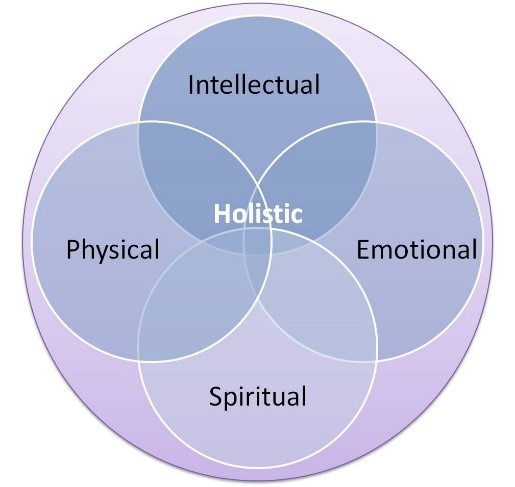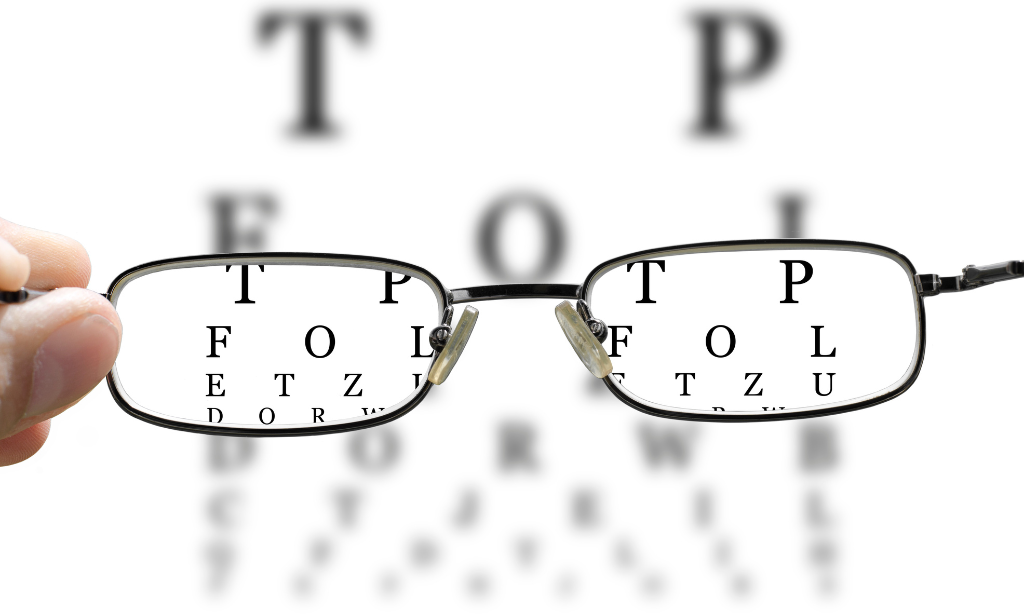
Covid 19 came as curse on Human Being. We faced different situations during these periods death, fear, helplessness, job insecurity, occupational harassment, money crisis etc. After two years we claimed that now more or less we are in a stable condition. So now it is the time to focus in your career.
The holistic education is educating the whole person, beyond core academics. A lot of firm are understanding that students need more than a strong foundation in a core curriculum, they also need to be supported by a society. Holism is an important concept in the area of sciences and social sciences. Everyone learns differently and this is why one need to acquaint herself/himself with the various types of learning. A multimodal child tends to have two or more active learning preferences. Children are very flexible; they can quickly switch one learning style to another to adopt the learning situation. Governments and school officials set the tone for whether learning environments will focus on academic-centric or holistic learning concepts. Teachers play the pivoting role in enacting learning policies, they have the greatest opportunity to help students to discover their identities and find meaning in community and world connections through holistic teaching methods. Teachers can identify how holistic learning and other teaching strategies can shape pupil’s future.

- Travel writers create content for blogs, journals, newspapers and other publication about topics related to travel. Travel bloggers may write about a specific region or they may travel to different countries and continents in order to write about these locations.
- Librarians collect and categorize library resources according to a structured system. They must have the subject idea so that they can answer questions to the readers, locate information and issue books and other resources to students.
- An Environmental Educationist conducts research to prevent or eliminate dangers to the environment or public health, like air or water pollution. They develop plans and work with policymakers to pass law &legislation that can keep the society and environment safe.
- Environmental consultants work with companies to provide advice about their contribution to environmental issues. Environmental consultants may also give suggestions to companies on how to handle environmental disasters.
- Geography and Educationare interdisciplinary field. Depending on their area of specialization, students may be employed as forest managers or in agricultural or economic institutes or as Demographers in government and research organizations. State and local governments employ them on planning and development commissions.
- They also join in NGOs and other developmental agencies engaged in population studies, rural development and environmental issues. Students can get job related to urban planning, transportation planning, travel/tourism planning, solid-waste disposal systems, emergency services and social services etc.
- Those with masters and Ph.D. degree can choose the field of teaching.Teachers make ready their students for the future. Their subject matter depends on the age they are instructing, until specialty courses taught in higher education.
- Students can opt for Travel Journalism. Text book and map publishers, manufacturing firms, real estate developers and insurance, communication and transportation companies employ them.
- Students open up Social media account to give assistance in competitive examinations and general knowledge papers.
- Some teachers who are looking for an opportunity for growth within their school community can pursue an advanced degree to become an educational administrator. Potential job options for an education administrator include principal, vice principal or dean, and can extend into vast areas of advanced curriculum planning, professional development, and instructional guidance for other teachers.
- School counsellors help students socially, academically and emotionally, as well as guide them along their path to college or into the workforce. As a school counsellor, you’ll play a key role in students’ development and help them to reach their full potential outside of school. A school counsellor’s job responsibilities include listening to the concerns of a student in an academic and emotional sense, aide students in processing problems, creating plans to solve issues, and assist with higher educational institutions or employment prospects to help a pupil succeed in life.
- A school social worker is an important part of the education system in that they help behaviour issues within students and ultimately aid in their educational success. According to government data, there is a growing need for social workers.
- There are many families where there are requirement of assistance of child care while others need support to pay for childcare. Many families who undergo problems with emotional crises, health, etc., require assistance from support specialists. There are other places where one can get chance to work after completing the early childhood care education course. While taking up the course one can explore the prospects in a better way.
- Emergency planners play a key role in planning and responding to threats to public safety. Emergency planners can help people prepare for natural disasters and global epidemics.
- Catastrophe modellers, are responsible for using data and computer calculations to help insurance companies assess how much they stand to lose in the event of a natural disaster. If any one good with numbers and enjoy working under pressure, this could be the career for you.
Like these there are many career prospects in these field. If you explore you can find many more opportunities. So from now set your goal to get success in your career. All the best for your future endeavour!!!









